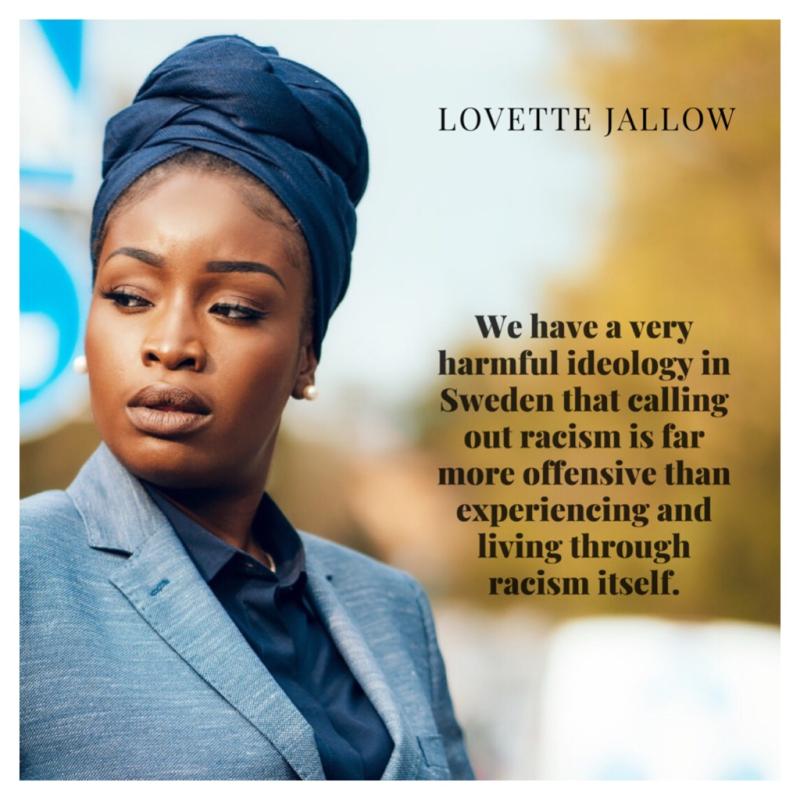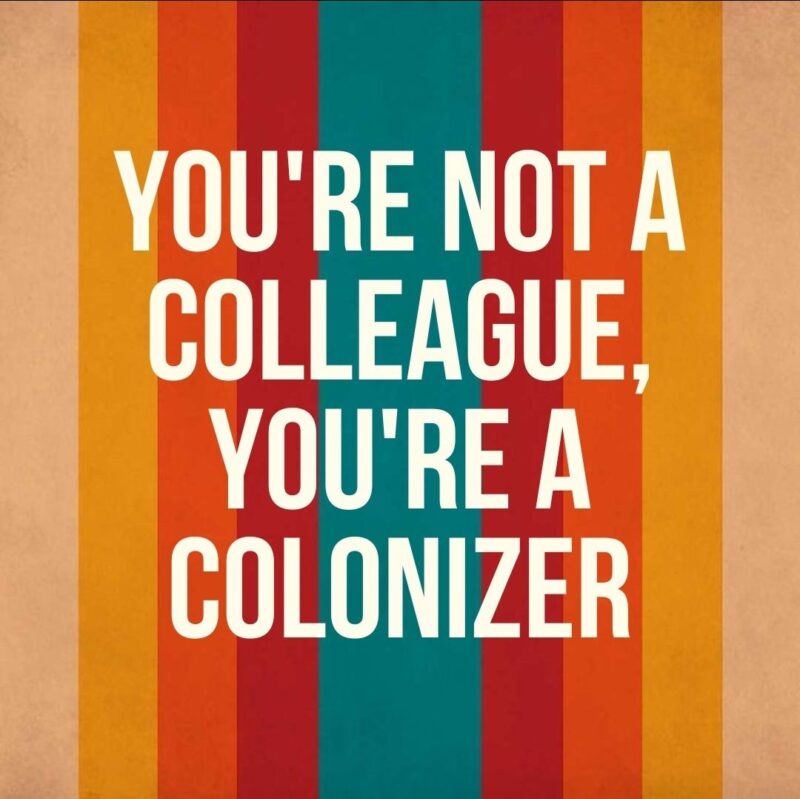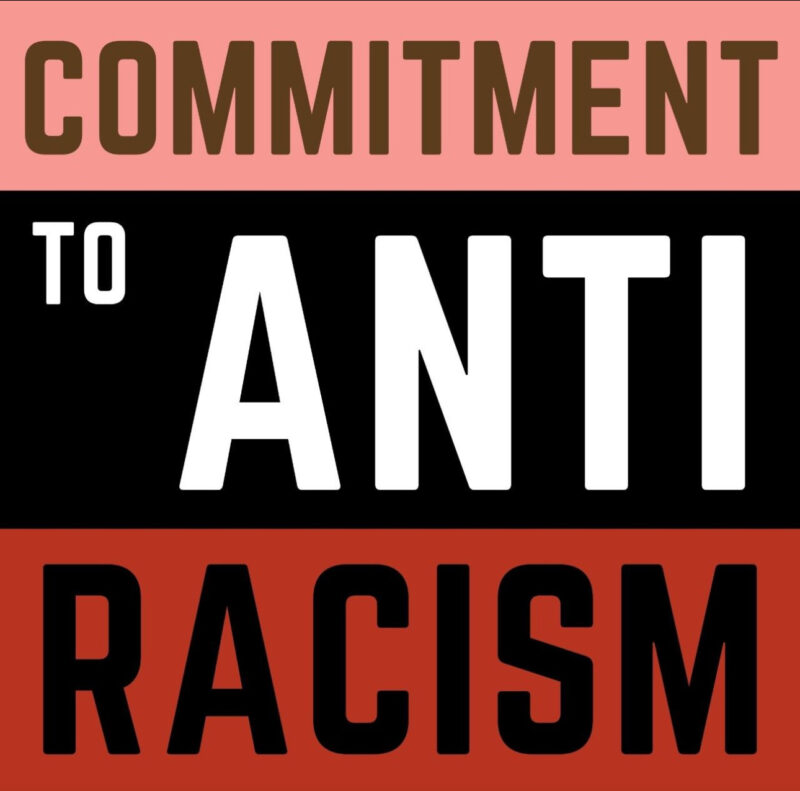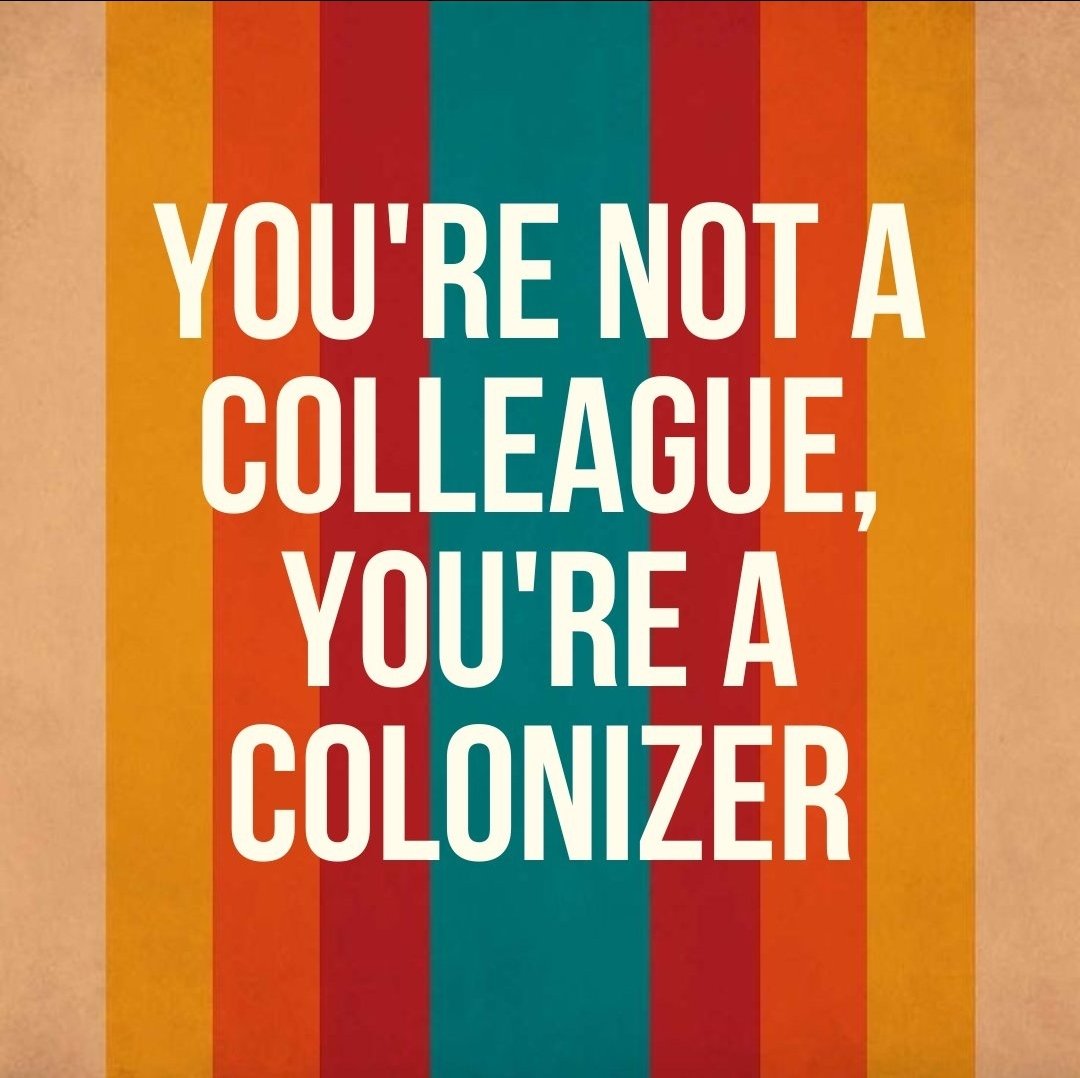
Performative DEIB Post-George Floyd
The tragic death of George Floyd in May 2020 marked a significant turning point in the global conversation around Diversity, Equity, Inclusion, and Belonging (DEIB). The collective outcry and widespread protests that followed demonstrated a palpable shift in dynamics, compelling many institutions to reevaluate their approaches to DEIB. In Sweden and the Nordics, a shift occurred similar to the global trend. As I reflect on both the progress and the persistent challenges that remain, I realize that none of it surprises me.
The Harsh Reality of DEIB in Sweden and the Nordics
After George Floyd’s death, those in power, who have historically marginalized and excluded others for profit, felt a palpable fear. The global coordination of protests and demands showcased a collective anger and exhaustion from being unheard that was impossible to ignore. In response, white supremacy did what it does best in its parasitic state—it became performative.
In the wake of these events, many organizations called upon Black educators and strategists, ostensibly to learn and listen. They took our words and thoughts, claiming to be making changes. However, this performative listening was a strategy to co-opt our insights understand what we genuinely want and need and find a way to maintain control. They placed white women, often the foot soldiers of white supremacy, in DEI roles to ensure these institutions were never too uncomfortable. As academic Kyla Schuller says:
“White Womanhood has been a key stabilising feature of western civilisation. Although not as visible as that of their male counterparts, their role was nonetheless equally pivotal to the success of European settler-colonialism.”
These efforts aimed to pacify discussions on racism, ableism, and other systemic issues without truly addressing them. Over time, performative DEIB post-George Floyd initiatives became viewed as adversarial because true equity and belonging were never the goals. Companies prefer to focus on Diversity and Inclusion because they can easily showcase it on their websites or through stock photos, giving the illusion of diversity and inclusivity without genuinely addressing the need for competent and rightful inclusion of various demographics. The initial fervor for change has often given way to performative gestures rather than substantive actions.
Many DEIB initiatives have today become adversarial, not because they challenge systemic issues effectively, but because they avoid doing so. The goal has always been to make DEIB so adversarial and self-serving that it becomes expendable. Competence continues to be linked to whiteness in the workplace, as research in Sweden shows significant discrimination against Black and Brown Swedes with PhDs. These individuals face greater difficulty getting employed and, once employed, are paid much less than their white counterparts. Organizations often implement superficial changes that placate rather than transform.

DEIB Hijacked: White Women Leading Performative Change
Now, we witness white individuals profiting from teaching other white people a more palatable version of antiracism, often without any lived experiences of the issues they address. This commodification of DEIB work dilutes the movement’s impact and sidelines those with genuine insights and experiences. For instance, books like “White Fragility” and “Nice Racism” have become bestsellers, earning their white authors significantly more—about 70% more—than their Black counterparts. These works sanitize centuries of racism, presenting it in a way that is more comfortable and palatable for white audiences, rather than addressing the harsh truths and deep-rooted issues head-on.
Forewarned by Black Women: The Predictable DEIB Betrayal
Black women did, from the beginning. Those lower on the hierarchy of colorism, those with disabilities, trans women—they/we see it all. Its historical repetitions at this point. From suffragettes in feminism to BLM. We see the performative institutions striving to maintain the dynamics over others.
Almost three years ago, I foresaw this in my LinkedIn post:
“The Diversity and Inclusion sphere in Sweden is so strange. Now we have Swedish companies and international companies with base in Sweden happily hiring White women to lead the work because it’s too ‘uncomfortable’ to have Black lecturers with lived experiences speaking on the truth of racism in Scandinavia.
What is most baffling is that these women then turn to Black women to ask us to consult for them.
This is why I say white supremacy is more than just structural it is parasitic. It will transform and adapt to avoid detection. Imagine being so uncomfortable with hearing the truth from the horse’s mouth that you pay a white woman to speak on behalf of Black issues because she sugarcoats the language and makes it comfortable for YOU to digest. Racism isn’t comfortable and will never be comfortable.”
“As a two-time published author on racism in Scandinavia, six-time award-winning lecturer, Black, queer, Muslim, autistic woman with 37 years of lived experiences, consulting a white woman on how racism works in Sweden so she can take my work and plagiarize it for economic gain is not something I am willing to engage in.”
“Antiracism work is NOT a trend. But just like everything that has to do with us, our white counterparts treat it as a trend. Our work, our bodies, our knowledge, our culture, our music, and our lived experiences all can be made into ‘trends’. I think most of my Black and brown peers in various countries like the US, UK, and around Europe are seeing this in the DI sphere as well.”
“I wrote in my book ‘Stranger in White Spaces’ that ‘white women’s analysis on race and gender is more shallow than a puddle after a slight drizzle’ you can’t teach what you haven’t fully learned or understood but your white privilege affords you access to that space.”
“This is why I don’t accept any LinkedIn ‘coffee dates’ for people to ‘pick my brain’. We are not friends and in many cases, you have not proven to be an ally. So to allow anyone to peck at and pick my brain, waste my time and plagiarize my work for your own gain with no intention of change is again not something I will engage in.”
“As one company told me this week ‘well we are doing this work now but maybe in 5 years it won’t be needed’ as she spoke about antiracism fully forgetting that we are 500 years deep in this issue. The global BLM convos are still being treated as a trend when it should be taken with a high level of severity. This work is not temporary and has never been historically, it needs to be entered in with long-term integration in mind.”
“Nothing for us without us. Respectfully.”
Holding Institutions Accountable: A Commitment to Real Change

The Ongoing Battle for True Equity and Inclusion
The state of DEIB today is a complex landscape of performative actions and genuine efforts. While many institutions have fallen short of their promises, there are still those committed to true equity and inclusion. I have followed their work, tracked down their progresses and seen them turn down opportunities to be performative all under capitalistic systems. It would be wrong of me to not include that and perhaps someday go into what they are doing right unlike their counterparts. It is crucial to continue advocating for and recognizing genuine progress while holding performative institutions accountable. The journey towards true DEIB is ongoing, and it requires unwavering commitment and accountability from all involved.
© 2024 Lovette Jallow. All texts are copyrighted. All rights reserved.
Who is Lovette Jallow?

Lovette Jallow is a trailblazing leader in antiracism advocacy and neurodiversity awareness. An 8-time award-winning lecturer and inclusion strategist, Lovette has delivered over 400 lectures worldwide, collaborating with municipal and government bodies, Fortune 500 companies, and non-profits to make a global impact.
As the bestselling author of “Black Vogue – Shades of Beauty” and “Främling i Vita Rum (Stranger in White Spaces),” Lovette has transformed the beauty industry and highlighted the challenges faced by marginalized communities in Sweden. Her commitment to equality and justice is unwavering, reaching over 8 million individuals across all platforms.
In addition to her advocacy and educational work, Lovette founded Action for Humanity in 2017 to provide aid for refugees and address human rights issues. The organization has grown substantially, focusing on spreading awareness about structural racism, providing safe spaces for marginalized groups, and offering support through legal guidance, financial aid, and educational programs. Projects include the successful repatriation of 38 Gambian women and children from Lebanon and ongoing support for marginalized communities in Sweden.
For further insights and to keep the conversation going, visit her website and learn more.


